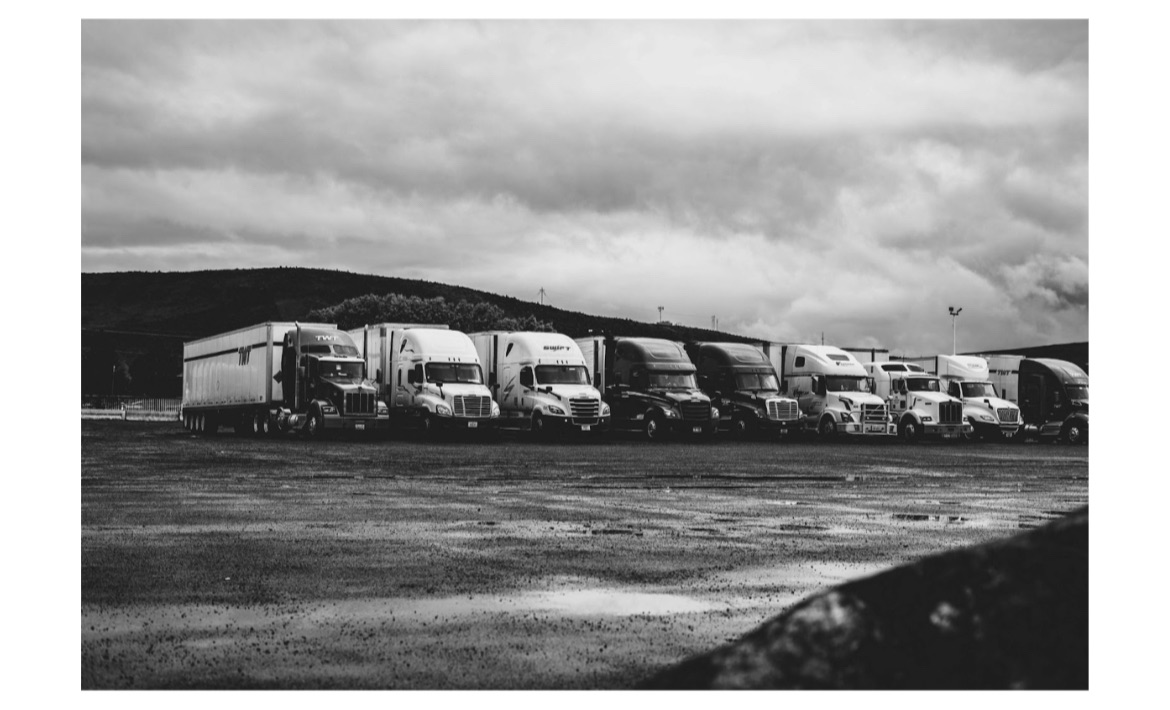As a small business owner, it’s best to stay up to date with the outside sources that feed your business.
When I started TwinDollicious & Co as an author, I didn’t think that manufacturing, publishing and logistics would come into play. Through the years I have been able to navigate each important facet of the company and how it should run, along with why staying updated with logistics and the industry of technology… our future.

Learn More :
The logistics industry has undergone a significant transformation over the past few decades, driven largely by technological advancements. As global trade becomes more complex and consumer expectations continue to rise, integrating innovative technologies into logistics processes has become not just an option but a necessity. These advancements are reshaping the industry, making it more efficient, reliable, and responsive to the ever-changing market demands.

Automation and Robotics
Automation is at the forefront of the logistics revolution. From automated warehouses to robotics in fulfillment centers, these technologies have drastically improved the efficiency of operations. Automated systems can handle tasks such as sorting, packing, and transporting goods with minimal human intervention. This speeds up the process and reduces errors, ensuring that products are delivered accurately and on time.
One of the most notable examples of automation in logistics is the use of autonomous vehicles. These vehicles are designed to transport goods over long distances without needing a human driver. This technology is especially beneficial in the trucking industry, where the demand for skilled drivers often outstrips supply. Companies offering truck driving jobs are increasingly looking at autonomous solutions to fill gaps and improve efficiency.
The Role of Data Analytics
Data analytics is another game-changer in the logistics industry. Companies can gain insights into every aspect of their supply chain by collecting and analyzing vast amounts of data. This allows them to identify inefficiencies, predict potential disruptions, and make more informed decisions. For example, predictive analytics can forecast demand, enabling companies to optimize inventory levels and reduce the risk of stockouts or overstocking.
Moreover, real-time tracking and monitoring systems provide visibility into the movement of goods at every stage of the supply chain. This transparency helps identify bottlenecks and ensures that any issues are addressed promptly, reducing delays and enhancing customer satisfaction.
Blockchain Technology
Blockchain technology, known primarily for its role in cryptocurrency, is also making waves in the logistics sector. Its decentralized and secure nature makes it an ideal solution for tracking and verifying transactions within the supply chain. By providing an immutable record of every transaction, blockchain ensures that all parties have access to accurate and up-to-date information.
This technology is precious in industries where traceability is crucial, such as food and pharmaceuticals. By ensuring the authenticity and safety of products, blockchain helps build trust between companies and their customers.
Sustainable Practices Through Technology
Sustainability has become a major concern for the logistics industry, with companies increasingly adopting eco-friendly practices. Technology plays a critical role in this shift by enabling more efficient use of resources and reducing the environmental impact of logistics operations.
For instance, route optimization software helps in minimizing fuel consumption by calculating the most efficient routes for delivery. Additionally, electric and hybrid vehicles are being introduced into logistics fleets to reduce carbon emissions. Companies are also investing in energy-efficient warehouses and green packaging solutions to further minimize their environmental footprint.
Moreover, the rise of the digital nomad lifestyle has influenced the way logistics companies operate. As professionals embrace remote work, they also demand flexibility in travel and logistics services. This trend is discussed in detail in this article, which explores how technology enables seamless integration between work and travel.
The Future of Logistics
As technology continues to evolve, the logistics industry will undoubtedly see even more innovative solutions. From artificial intelligence to the Internet of Things (IoT), these technologies will further enhance the efficiency, speed, and accuracy of logistics operations. The future of logistics is one where technology drives continuous improvement, ensuring that the industry remains agile and responsive to the needs of a global economy.
In conclusion, the logistics industry is at the cusp of a technological revolution that promises to reshape the way goods are transported and delivered. Companies that embrace these advancements will not only stay ahead of the competition but also contribute to a more efficient and sustainable future. As the industry continues to evolve, the role of technology in revolutionizing logistics will only grow more significant, paving the way for a new era of innovation and growth.






